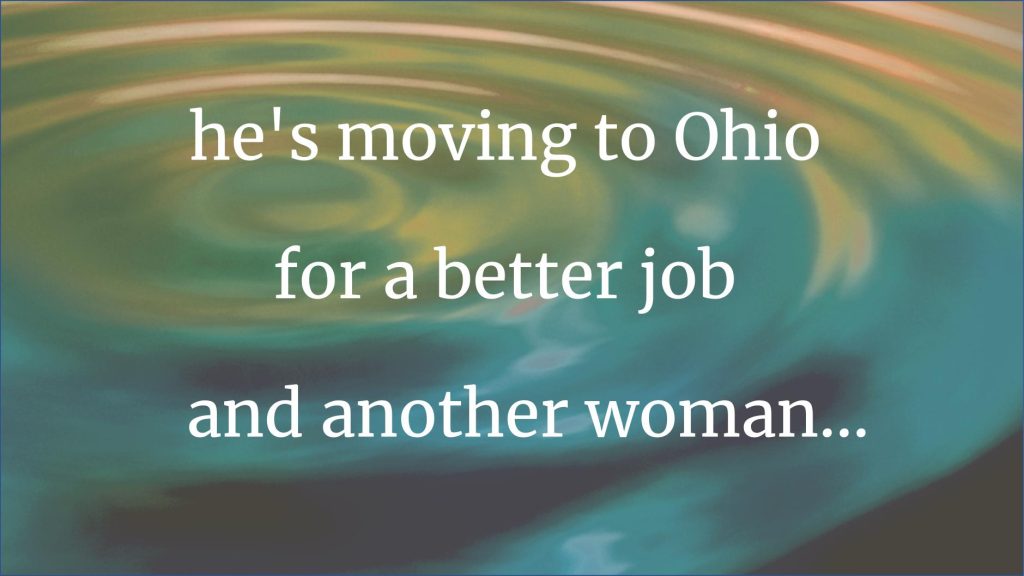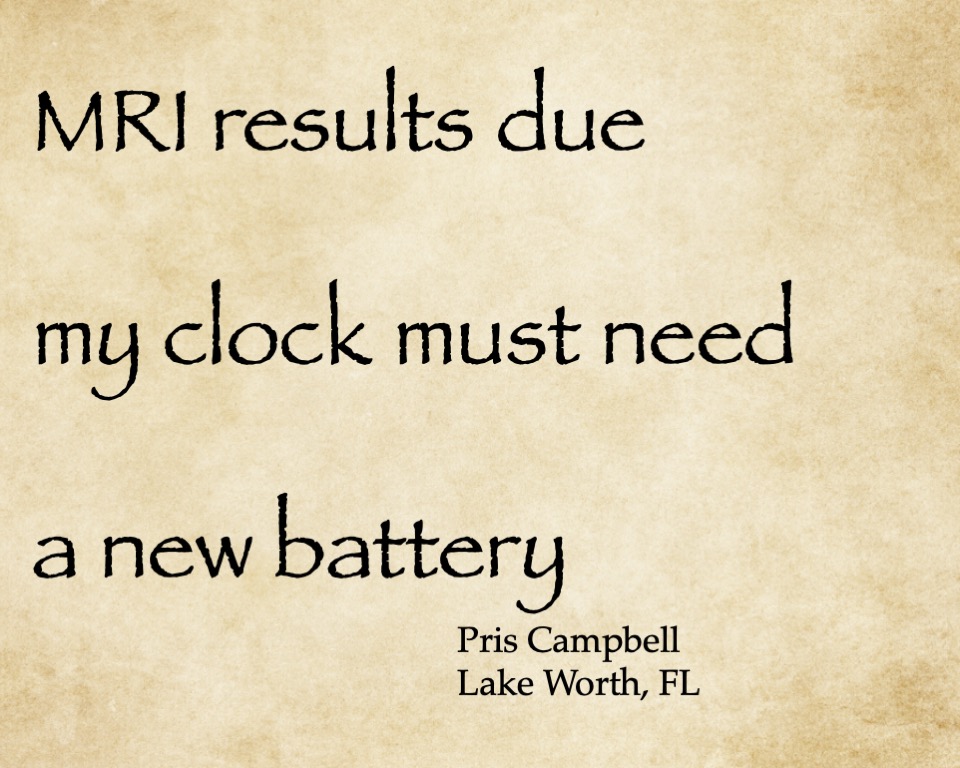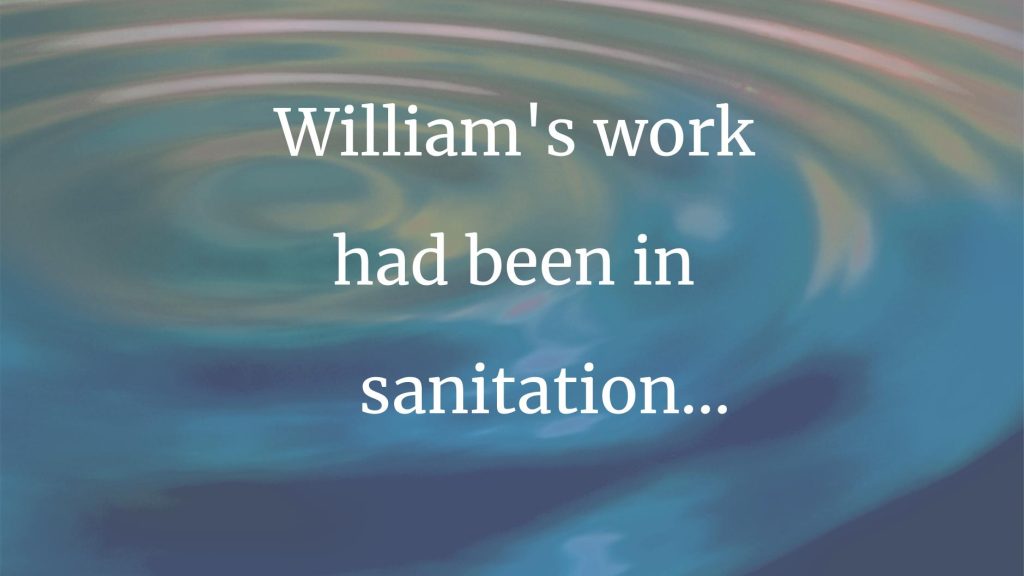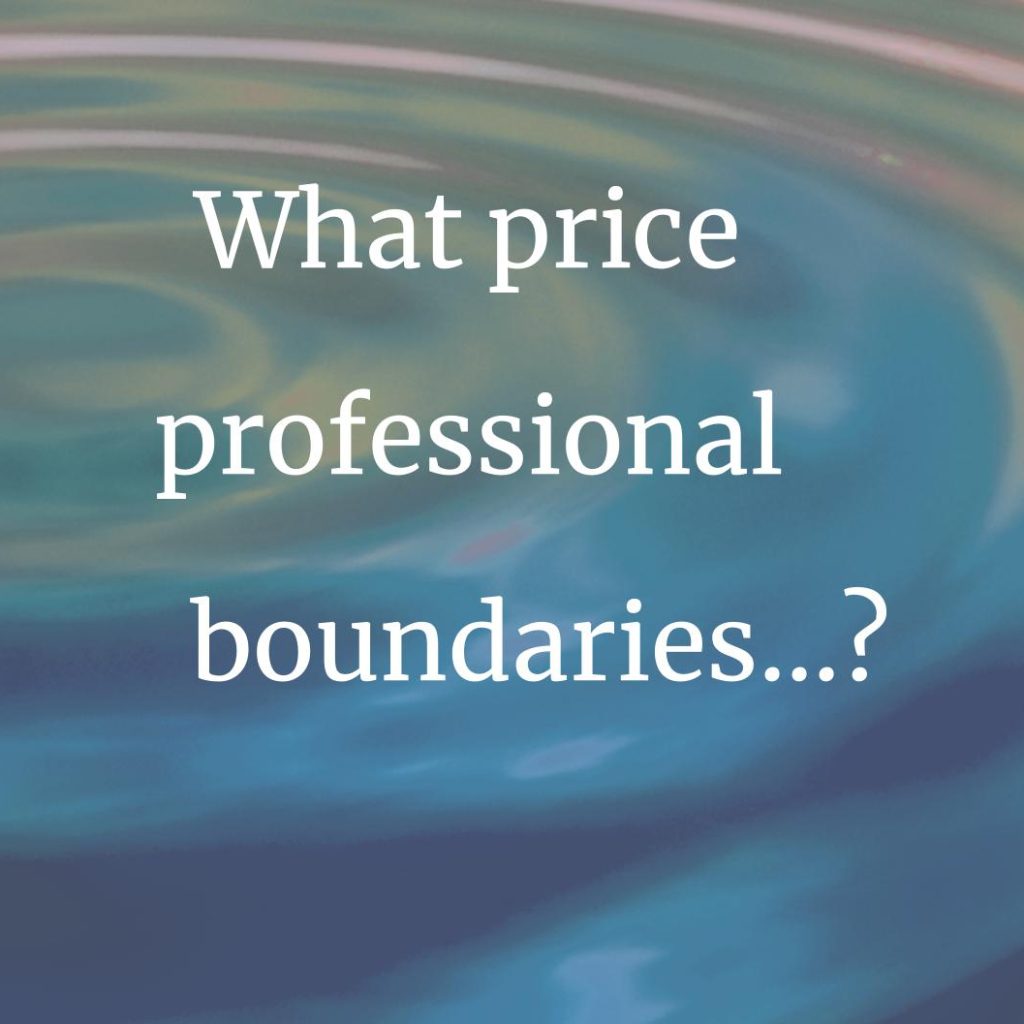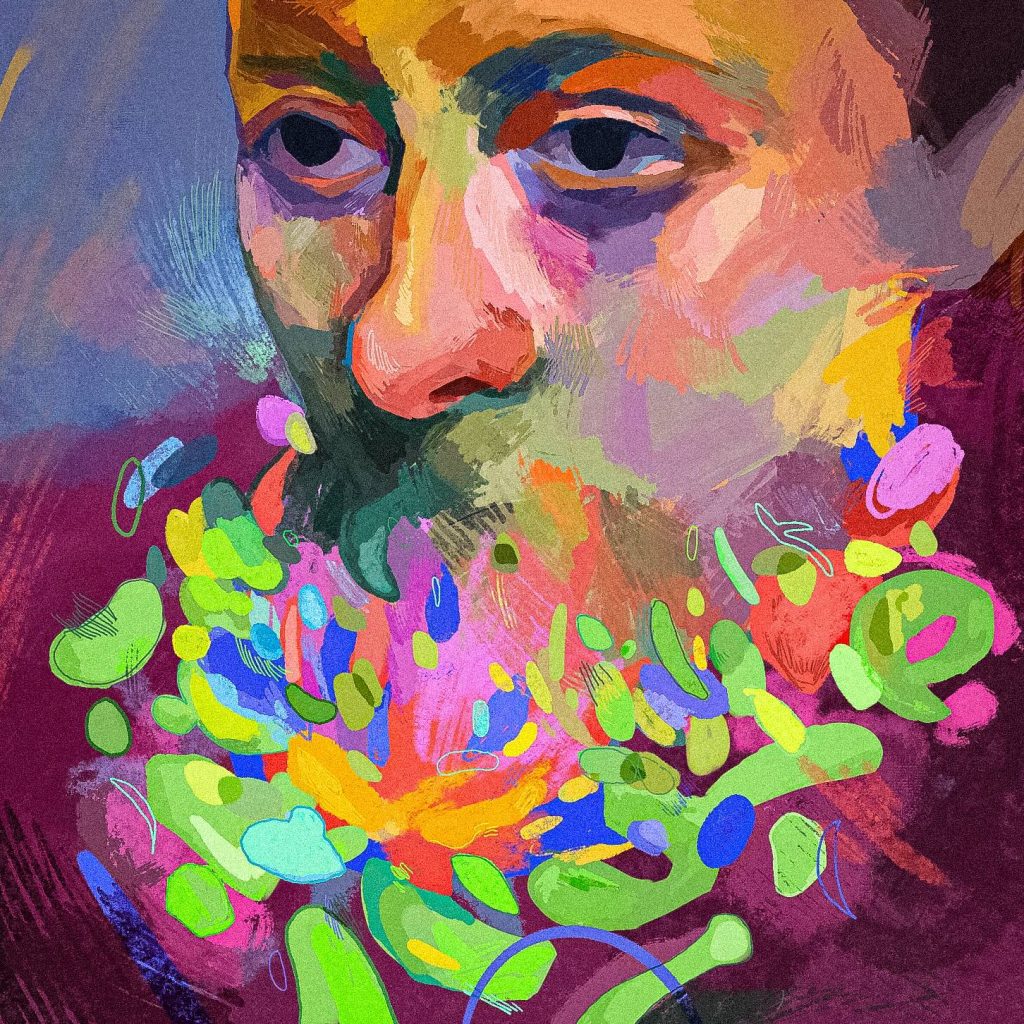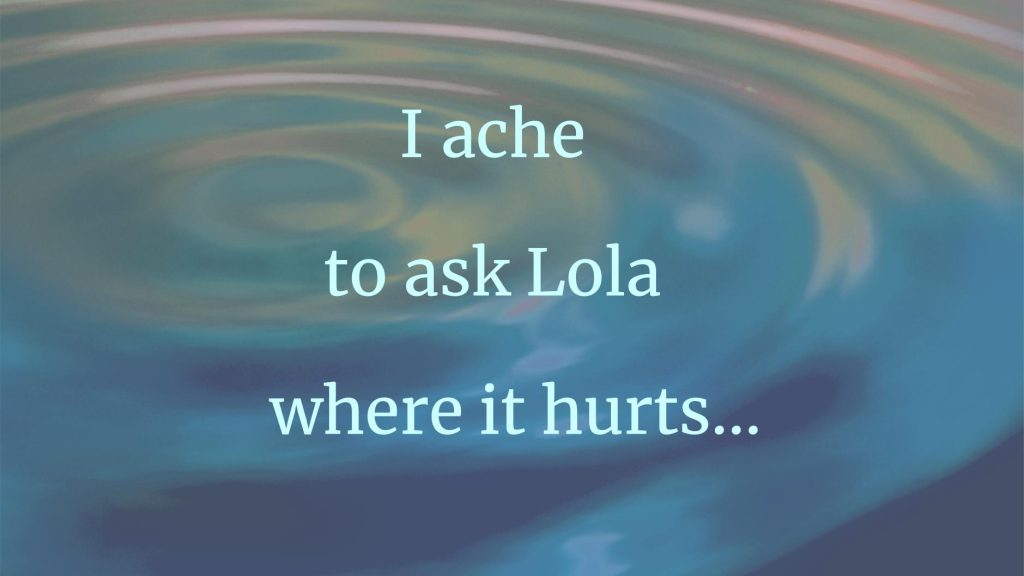Happy Father’s Day!
I awoke from a deep sleep today—Sunday, June 16—with a sudden urge to call my dad, nearly 10,000 miles away in India, and wish him Happy Father’s Day. A second later, I remembered that he’d passed away almost 15 years ago.
Was he in a “better place,” as everyone assured me he was when he died at age 69 of metastatic prostate cancer? Could I call him there, as I’d done for years after I left India in my early 20s?
Happy Father’s Day! Read More »

